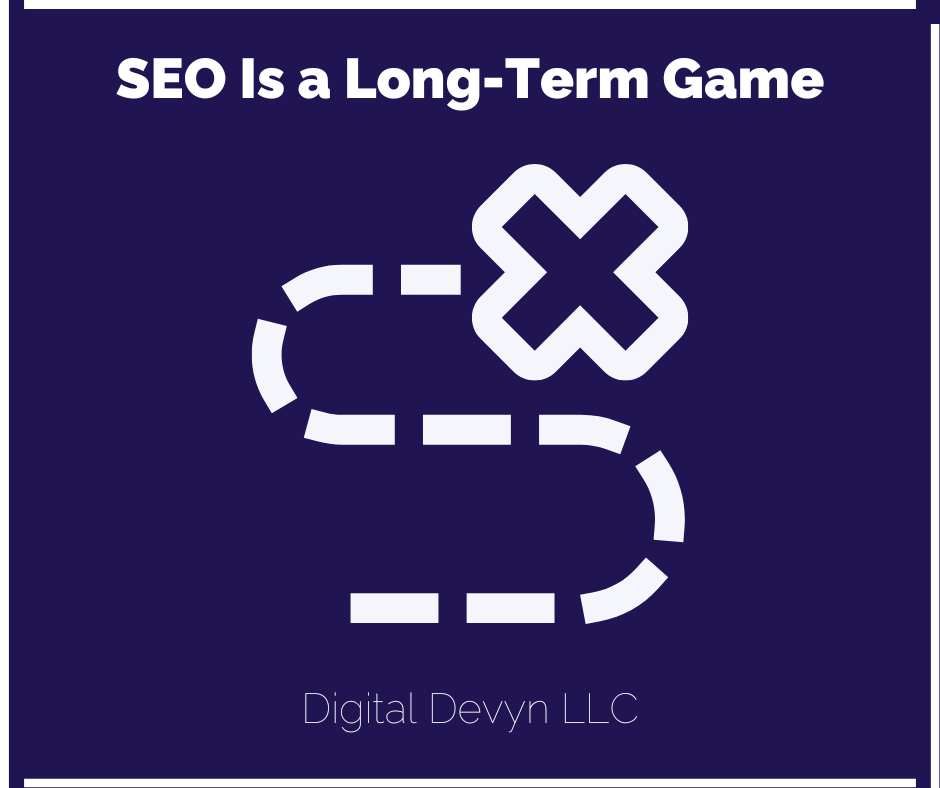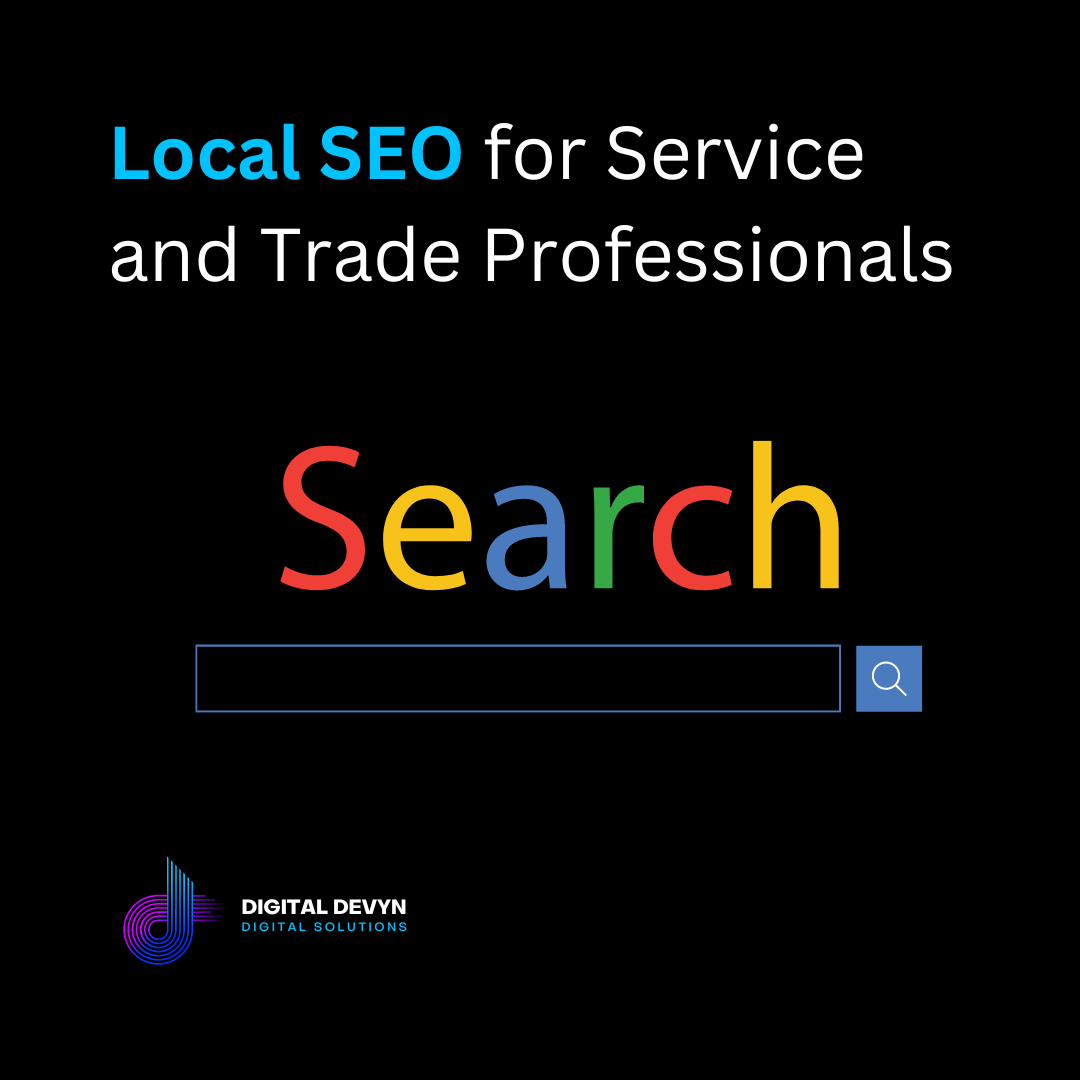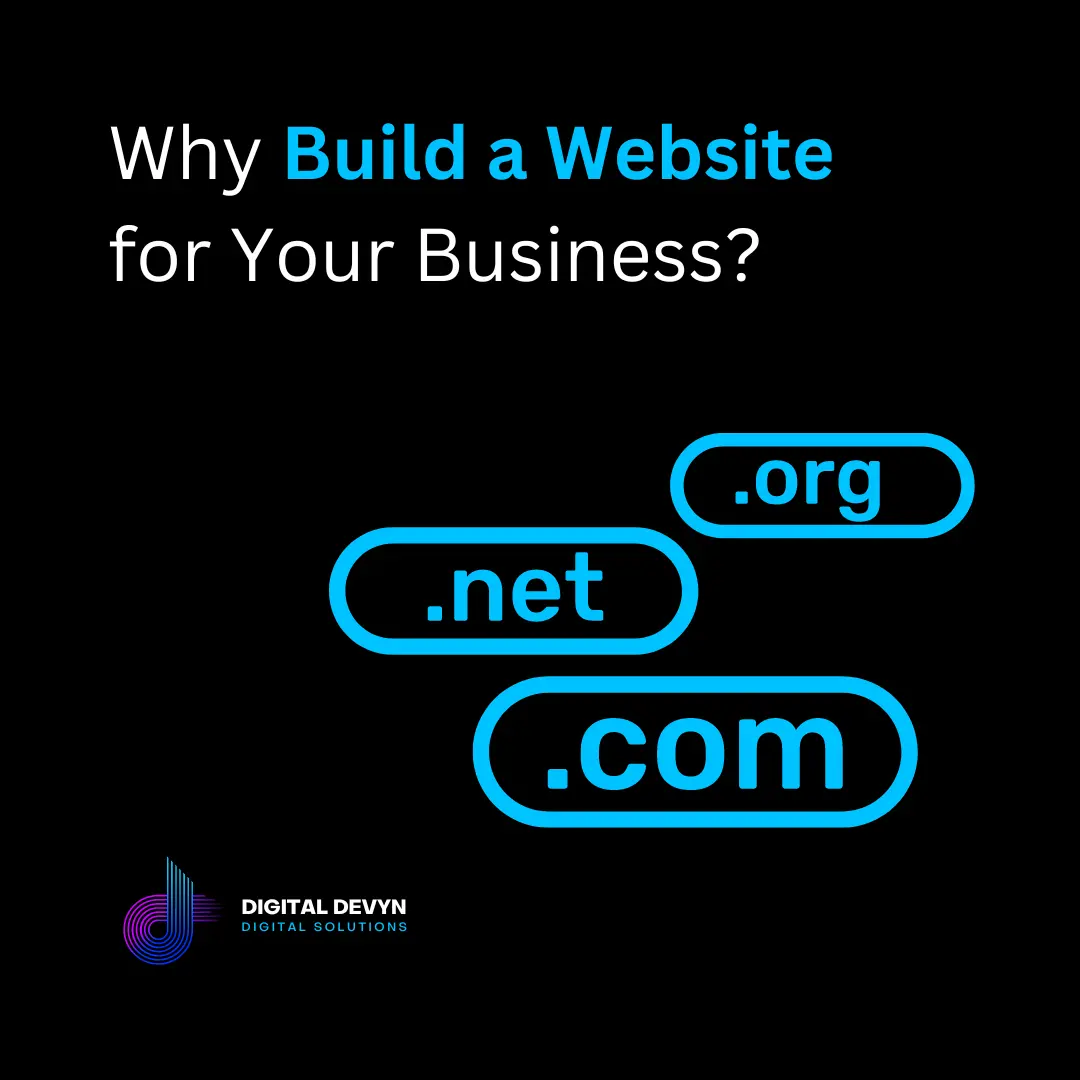
Website design trends in 2025 focus on AI-driven personalization, immersive experiences, and accessibility-first interfaces. Research from MIT Media Lab (2024)...
SEO 101
In today’s digital landscape, a strong online presence is crucial for small businesses. Search Engine Optimization (SEO) plays a vital role in achieving this. By optimizing your website for search engines, you can significantly increase website traffic, attracting potential customers actively searching for your products or services. This translates into more leads and ultimately, more sales.
Keyword Research is Crucial: Identify the terms people use to find your business online. This allows you to target content that attracts qualified leads and informs your overall content strategy. Free tools like Google Keyword Planner and Answer the Public can help you get started.
Content Optimization is Key: Create informative content that incorporates relevant keywords naturally. Optimize titles, descriptions, headings, and internal linking for search engines, while still maintaining a user-friendly experience.
Technical SEO Matters: Ensure your website is mobile-friendly, loads quickly, and is easy for search engines to crawl and understand. Free tools like Google Search Console can help identify technical issues.
Build a Strong Internal Linking Structure: Link relevant pages on your website to improve user navigation and help search engines understand your content hierarchy. Descriptive anchor text and strategic link placement are important for effectiveness.
Leverage Social Media and Free Tools: Utilize social media platforms to share valuable content and drive traffic back to your website. Optimize your Google My Business listing to increase local search visibility. Explore free guest blogging opportunities to gain backlinks and build website authority.
Track Your SEO Progress: Monitor website traffic and organic rankings using free SEO tracking tools like Google Search Console. This data helps you understand what’s working and identify areas for improvement in your SEO strategy.
However, implementing effective SEO strategies can be challenging for small businesses with limited budgets. Competition in the digital space is fierce, with established players often having dedicated teams and resources for SEO. Additionally, SEO is a time-intensive process, requiring ongoing effort and content creation to maintain a strong ranking.
Here’s where affordable SEO strategies come in. These techniques focus on high-impact activities that can be implemented without significant financial investment. They allow small businesses to leverage their time and resources effectively to improve their search engine visibility and reap the benefits of SEO.
Before diving into content creation, keyword research is crucial for attracting the right audience to your website. It’s about understanding the search terms people use to find information related to your niche.
There are several free and budget-friendly tools to get started with keyword research:
Finding the sweet spot between search volume and competition is key. Here’s a simplified approach:
By strategically using these free/low-cost tools and following these tips, you can conduct effective keyword research to fuel your on-page SEO efforts.
Search engines love informative and relevant content, and optimizing your website with target keywords helps them understand what your pages are about. This increases your chances of appearing in search results when users type in those keywords. Here’s how to optimize your website content for target keywords, while still creating a natural and engaging experience for your readers:
By following these tips, you can optimize your website content for target keywords without compromising on quality or user experience. Remember, informative and engaging content is key to attracting and retaining visitors.
Technical SEO is the foundation for a healthy website and a strong search engine presence. It focuses on optimizing your website’s behind-the-scenes workings to make it easy for search engines to find, crawl, and understand your content.
There are several free SEO audit tools available to help you identify technical issues. A popular option is Google Search Console. This free tool from Google provides valuable insights into your website’s health and can highlight technical SEO problems that need addressing.
By focusing on technical SEO, you can ensure your website is well-structured and search engine friendly, ultimately leading to better organic search performance.
Internal linking is the process of connecting your website’s pages with hyperlinks. It plays a crucial role in both website navigation and SEO.
By following these tips, you can create a strong internal linking structure that enhances user experience and boosts your website’s SEO. Remember, a well-linked website is a well-navigated website, and that’s a win-win for both users and search engines.
Social media platforms offer a powerful (and free) way to boost your organic reach and SEO. Here’s how:
Having a strong presence in local searches is crucial for attracting nearby customers. This section will guide you on optimizing your Google My Business (GMB) listing, a free tool that significantly boosts your local SEO.
A GMB listing acts like your digital storefront on Google. It showcases your business in local search results and Google Maps, increasing your visibility to potential customers searching for what you offer nearby. The more optimized your listing, the higher you’ll rank in local searches, driving more traffic your way.
Here’s how to optimize your GMB listing to get found by local customers:
By following these simple steps, you can create a GMB listing that attracts local customers and strengthens your online presence. Remember, a well-optimized GMB listing is a free and powerful tool for local SEO success.
Guest blogging allows you to publish your articles on other websites, reaching a new audience and gaining valuable backlinks to your own site. Here’s how it benefits your SEO efforts:
These directories can be a great starting point to discover guest blogging opportunities:
Remember: While guest blogging can be done for free, some high-traffic websites may require payment for guest posting opportunities.
Online reviews are a crucial element for both Local SEO and building trust with potential customers. Here’s why:
Here are some tips to encourage customer reviews:
By following these tips, you can encourage more customer reviews and leverage them to improve your local SEO and build trust with potential customers.
Just like a road trip needs a map, your SEO efforts need tracking to see how far you’ve come and where you’re going. Here’s why it’s important and how to get started with free tools.
Imagine pouring time and energy into SEO without knowing if it’s working. Tracking your SEO progress lets you see what’s effective and what needs tweaking. It’s like having a compass to guide your SEO strategy.
Just like you wouldn’t embark on a long journey without a map, you shouldn’t invest in SEO without tracking your progress. By tracking your SEO progress, you can see what’s working and what’s not. This allows you to make adjustments to your SEO strategy as needed.
Here are some of the benefits of tracking SEO progress:
In short, tracking your SEO progress is essential for any business that wants to be successful with SEO. It’s the only way to know for sure if your SEO efforts are paying off.
Free SEO tracking tools allow you to monitor how well your website is doing in search engines, specifically Google, without spending any money. This can be a great way to get started with SEO, or SEO (Search Engine Optimization), which is the process of improving your website’s ranking in search results.
One of the most popular free SEO tracking tools is Google Search Console (GSC). GSC is a free service provided by Google that helps you see how well your website is performing in Google searches. With GSC, you can:
Overall, GSC is a valuable tool for anyone who wants to improve their website’s SEO. It’s free, easy to use, and provides a wealth of information about how your website is performing in Google searches.
There are other free SEO tracking tools available besides GSC, but it’s a great place to start. Let me know if you’d like to explore some other free SEO tools!
Two important SEO metrics that website owners should track: website traffic and organic rankings. These metrics provide valuable insights into how well your SEO efforts are performing.
By monitoring these two metrics over time, you can assess the effectiveness of your SEO efforts. If you see a rise in organic traffic and improved rankings for your target keywords, it’s a sign that your SEO is on the right track. Conversely, stagnant or declining traffic and rankings might indicate areas for improvement in your SEO strategy.
In essence, tracking website traffic and organic rankings allows you to make data-driven decisions about your website optimization. You can identify what’s working and what’s not, and then adjust your SEO approach accordingly to achieve better search engine performance.
In a nutshell, affordable SEO empowers small businesses to be seen by their ideal customers online. By following these cost-effective strategies, you can build a strong foundation for long-term SEO success. Remember, SEO is a marathon, not a sprint. Consistent effort will gradually increase your website traffic, leads, and ultimately, sales.
Ready to take action? Don’t wait any longer! Start implementing these affordable SEO strategies today and watch your online presence flourish. There are many free resources available to help you on your SEO journey. Look for free SEO guides and blogs offered by reputable marketing companies or industry publications.
By investing a little time and effort now, you’ll be well on your way to reaping the rewards of SEO for years to come!
Search volume – You should target keywords with a decent search volume, indicating a good number of users are looking for that information.
By naturally including relevant keywords throughout the content, and optimizing titles, descriptions, headings, and internal linking for search engines, while still maintaining a user-friendly reading experience.
Google Search Console is a free tool from Google that provides valuable insights into your website’s health and can highlight technical SEO problems that need addressing.
By consistently creating and sharing informative content on relevant social media channels, you can increase brand awareness, drive traffic back to your website, and improve search engine ranking through increased engagement.
Website traffic (organic traffic specifically) and organic rankings. These metrics provide valuable insights into how well your SEO efforts are performing in attracting visitors through search engines.

Website design trends in 2025 focus on AI-driven personalization, immersive experiences, and accessibility-first interfaces. Research from MIT Media Lab (2024)...

Search Engine Optimization (SEO) is not an overnight success strategy. Unlike paid ads, which deliver instant traffic, SEO builds sustainable...

Did you know that 50% of businesses struggle to generate a positive ROI from their digital marketing efforts? (Source: HubSpot)...

SEO 101 Local SEO for Service and Trade Professionals: Your Blueprint for Attracting More Clients in Denver and Beyond As...

WebDev 101 Why Build a Website for Your Business? Did you know that over 85% of consumers research products and...

SMM 101 How to Choose the Right Social Media Management Company for Your Business In today’s digital age, social media...
Don’t miss out! Subscribe now to receive exclusive offers and stay up-to-date on all our latest service updates. By subscribing, you’ll be the first to know about discounts, promotions, and any new features or improvements we make.
We’re your one-stop shop for all things digital marketing, here to elevate your brand without breaking the bank.
Website & SEO
Social Media Management
Administrative Support
Project Management
Data Research
Personal Assistant
Terms of Service
Privacy Policy
Sitemap
Copyright © 2024 Digital Devyn LLC.